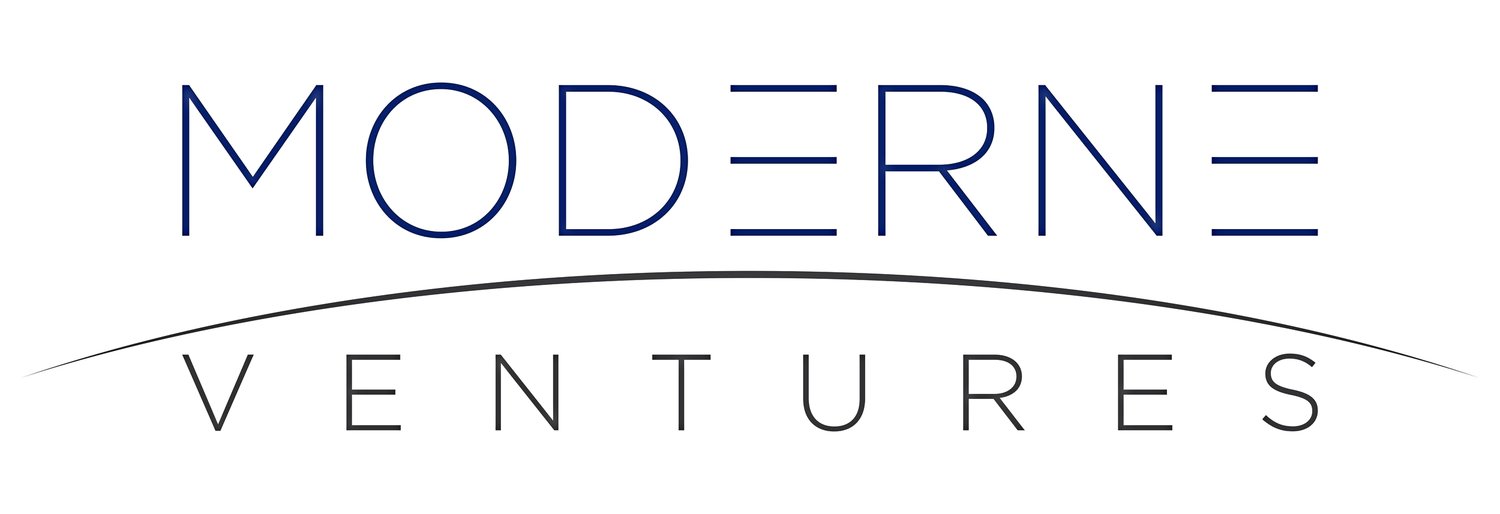By Sam Delisi, Operating Advisor at Moderne Ventures
Will Office Building Owners Embrace the Hybrid Model?
COVID-19 has shaken the real estate industry to its core. Social distancing, working from home, zoom calls, thermal scanning, and the risks of sharing an elevator with a stranger are associated with a real fear of returning to the office. Pending the global development of an acceptable level of herd immunity and vaccine administration, the real estate industry must avoid overreacting. Office aren’t going to disappear, they will just be different.
Future Influencers:
Now that we have seen how easy it has been to work from home (WFH), imagine how much better it will get when companies build their systems to be truly flexible. The WFH genie is not going back in the bottle and, if anything, it will become a widely accepted work protocol. New technologies will be developed, improving video conference capabilities and work collaboration. WFH will be even easier and more efficient once the 5G network is widely available globally.
Based on what we have learned from this global WFH experiment, companies will need to rethink how and why they require office space. Office leases are expensive, complex transactions that tie up companies for years. Corporate leadership and Governance are going to demand a more thoughtful approach to how a company thinks about real estate. The way we have always done it won’t cut it anymore.
Demand Changes:
Companies are going continue to embrace WFH and as a result will require flexibility in every aspect of their real estate transaction. Lease term, speed to market, location, size, office configuration, services and experience will be important to attract and retain the best quality firms. “Space as Service” (SAS) will allow occupiers the type experience and flexibility that will truly maximize the dollars spent on real estate costs. That level of flexibility will require owners and property managers to think differently.
The Opportunity:
While WeWork, Convene and other SAS providers have proven that office space occupiers will pay up for flexibility, experience, instant occupancy and footprint, the lease arbitrage model underpinning their business is challenged. The better option will be for building owners to provide SAS services. SAS will provide office building owners with a variety of new revenue streams and profits by charging for services to their customers on an ala cart basis. This type of relationship already exists in the real estate industry in the hotel and hospitality market. Hotels get financed with a business model based on millions of one-night stays (short-term leases), food service, conference room rentals and banquet service. Why couldn’t office buildings be financed with a “Hybrid” model of traditional leases and SAS business featuring a variety of service revenue similar to hotel chains?
Whether your building is in Midtown, Fulton Market or Bellevue, owners will be able to customize a SAS delivery program to suit the tenant mix. Owners and Management Service providers who embrace these concepts will have the ability to market their developing brands. Tishman’s Studio and Zo, CBREGI’s Above and Beyond with Hana or KBS Realty Premiere Properties offering have some elements of the ala cart service model and are currently more focused on traditional property management, they have the appropriate ethos at their core to make the Hybrid transition. Current SAS firms could also expand their business and move to embrace a Hybrid approach to servicing investor owners.
The Hybrid conversion will be gradual, and it is safe to say that there will always be traditional lease tenants co-existing with SAS tenants and benefiting from some of the new service offerings. The future winners of the battle to keep and grow tenants will be owners and operators who have developed a robust SAS model or a relationship with a SAS based management partner.
